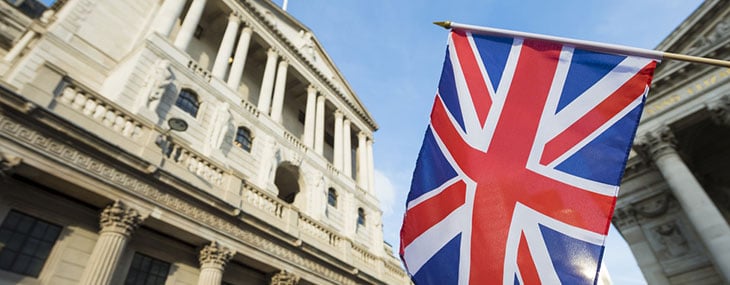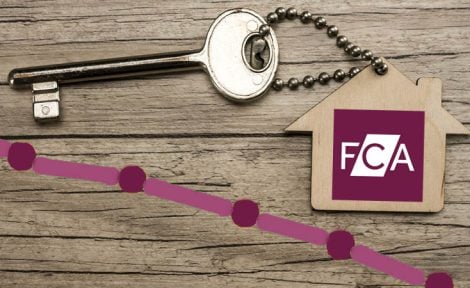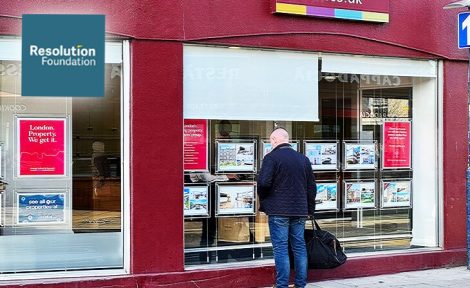Landlords and tenants face ‘big squeeze’ warns Bank of England report
The bank's Financial Stability Report warns that landlords face the double whammy of higher interest rates and tax regulatory changes.

Landlords who rely on finance to keep their portfolios afloat will be facing a huge squeeze by the end of 2025 with monthly payments on buy-to-let deals predicted to jump £275.
The Bank of England’s latest Financial Stability Report warns of the chaos to come as landlords are hit with the double whammy of higher interest rates and both tax and regulatory changes.
COST OF BORROWING
The interest coverage ratio (ICR), which is a measure of rental income relative to interest payments, shows the extent to which a landlord’s rental income covers their cost of borrowing.
The Bank says: “A landlord with high debt-servicing costs relative to their rental income (ie a low ICR) is more likely to experience repayment difficulties.
“As with owner occupier mortgages, higher interest rates mean an increase in mortgage servicing costs when fixed rate deals need to be refinanced, and most buy-to-let mortgages are interest only, which increases the relative impact of higher rates.
The average increase in monthly repayments is projected to be around £275.”
“The average increase in monthly repayments on buy-to-let mortgages by the end of 2025 is projected to be around £275.
“If landlords were to entirely absorb higher mortgage costs (ie without passing any of them on to renters), the share of buy-to-letmortgages with ICRs below 125% would increase significantly from around 3% at the end of 2022 to just over 40% by the end of 2025.”
IMPOSSIBLE POSITION
Ben Beadle (pictured), Chief Executive of the National Residential Landlords Association, says: “Growing mortgage costs are putting responsible landlords in an impossible position.
 “Either they leave the market at a time when demand for rented housing is already outstripping supply, increase rents, or soak up growing costs which many simply cannot afford.
“Either they leave the market at a time when demand for rented housing is already outstripping supply, increase rents, or soak up growing costs which many simply cannot afford.
“Whilst help has been provided for homeowners in the form of the Government’s Mortgage Charter, nothing has been done to support the private rented sector.
“It is vital that ministers step in to protect the market from the impact of growing costs.
“For renters, housing benefit rates need to be unfrozen without delay to ensure they can cover their rent payments.
“Alongside this, tax hikes on the sector need to be scrapped to boost the supply of homes to rent that tenants desperately need.”






It just doesn’t seem fair that many landlords including accidental landlords are being caught out so significantly. The intention of their purchase originally was to have a good investment, which was a considered risk for improving diversity of their asset wealth.
So many landlords are simply paying to be landlords now because of the multiple interest rate increases and many loosing hundreds of pounds per month. The Government is though making hundreds of pounds on the tax from their rental income. So, the answer for landlords is as much as possible the cost are being passed into their tenants and thus creating inflation from the bottom. If a landlord had the tax temporarily relieved where the mortgage could be offset against the mortgage then it would give a breathing space. Many landlords are stuck with their mortgage deal and many are caught out to such an extent they are forced to sell their investment property/properties . This further exacerbates the situation as there are even less properties available for tenants and so rents continue go up even more than they would have..
I’m not sure if the Government think tank has this situation properly thought through. If you want to help alleviate inflation, then a significant factor is to take pressure away from landlords that are firefighting meeting their mortgage commitment.